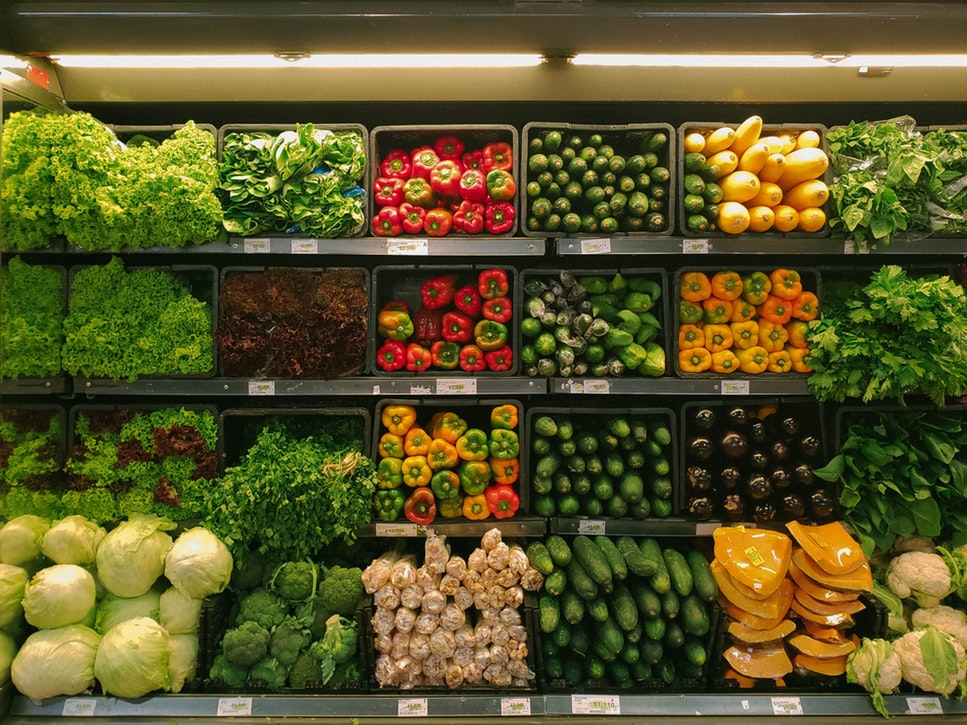By: Andy Harig, Director of Government Relations, Food Marketing Institute

My very first assignment at the Food Marketing Institute was to write a memo detailing the ways in which the United States’ recently-passed country of origin labeling law (COOL) conflicted with our commitments as a member of the World Trade Organization (WTO). Amid my first day jitters, this was pretty much the best possible request; the violations were so obvious that there was no way I could I screw it up! Unfortunately, my (over)confidence led me to one of the worst misjudgments I’ve made during my tenure at FMI – the clash between the law and our WTO obligations was so stark, I concluded, that Congress would have to see it and make changes to COOL.
Fast forward twelve and a half years, and the issue of COOL is still being debated. On Friday, December 18th, the House passed an omnibus funding bill that includes language to repeal the disputed portion of the COOL law – the labeling program for beef and pork. The Senate followed shortly thereafter with its own vote on the bill, and by this time next week, it is likely that the President will have signed the repeal into law. This comes just in the nick of time to head off the WTO’s authorization of more than a billion dollars in retaliatory tariffs against U.S. exports to Canada and Mexico as a result of economic damage caused by COOL. At long last, it looks like we’ve hit the end of the road for COOL at the WTO.
The history of these twelve years is written in headlines on FMI press releases –
- Food Retail Industry Applauds WTO Ruling on COOL – November 23, 2011
- FMI Reacts to WTO Ruling: Country of Origin Labeling is an Illegal Trade Barrier – July 1, 2012
- FMI Opposes USDA’s Unreasonably Burdensome COOL Rule: The WTO Needs to Make Its Final Decision Before Millions are Spent – April 12, 2013
- Food Retail Industry: COOL Law Violates International Trade Commitments – May 18, 2015
-and in frustrated letters to Congress and two different Presidential administrations. Why, we asked, cling to a law that anyone could see violated our longstanding trade commitments?
After over a decade, you still can’t help but wonder how anyone can justify the millions of dollars spent defending COOL before the WTO and the unnecessary trade tension it caused with our two most significant economic partners –not to mention the hundreds of millions of dollars the food retail industry and our partners up and down the supply chain spent implementing the law.
By next week, the long fight over COOL in the WTO will likely be at an end. It will be a victory for the rules-based global trading system, for Canada and Mexico, and for the U.S. companies that were facing retaliatory tariffs. But for most food wholesalers and retailers, it will be a bittersweet moment. The fate of the law – and the course taken to get here – played out exactly as we ultimately expected, but it took us twelve years and wasted millions to get to this point.
There are lessons to be gleaned from the road we’ve taken on COOL, not the least of which is that government needs to work with and listen to industry as it seeks to regulate areas where it has little expertise and specialized knowledge. As the FDA moves forward on menu labeling regulations, and other agencies look to impose new rules on our industry, let’s hope that they learn from the experience of COOL. Twelve years is simply too long a time to walk down a road that leads you nowhere.

 Industry Topics address your specific area of expertise with resources, reports, events and more.
Industry Topics address your specific area of expertise with resources, reports, events and more.
 Our Research covers consumer behavior and retail operation benchmarks so you can make informed business decisions.
Our Research covers consumer behavior and retail operation benchmarks so you can make informed business decisions.
 Events and Education including online and in-person help you advance your food retail career.
Events and Education including online and in-person help you advance your food retail career.
 Food Safety training, resources and guidance that help you create a company food safety culture.
Food Safety training, resources and guidance that help you create a company food safety culture.
 Government Affairs work — federal and state — on the latest food industry policy, regulatory and legislative issues.
Government Affairs work — federal and state — on the latest food industry policy, regulatory and legislative issues.
 Get Involved. From industry awards to newsletters and committees, these resources help you take advantage of your membership.
Get Involved. From industry awards to newsletters and committees, these resources help you take advantage of your membership.
 Best practices, guidance documents, infographics, signage and more for the food industry on the COVID-19 pandemic.
Best practices, guidance documents, infographics, signage and more for the food industry on the COVID-19 pandemic.
